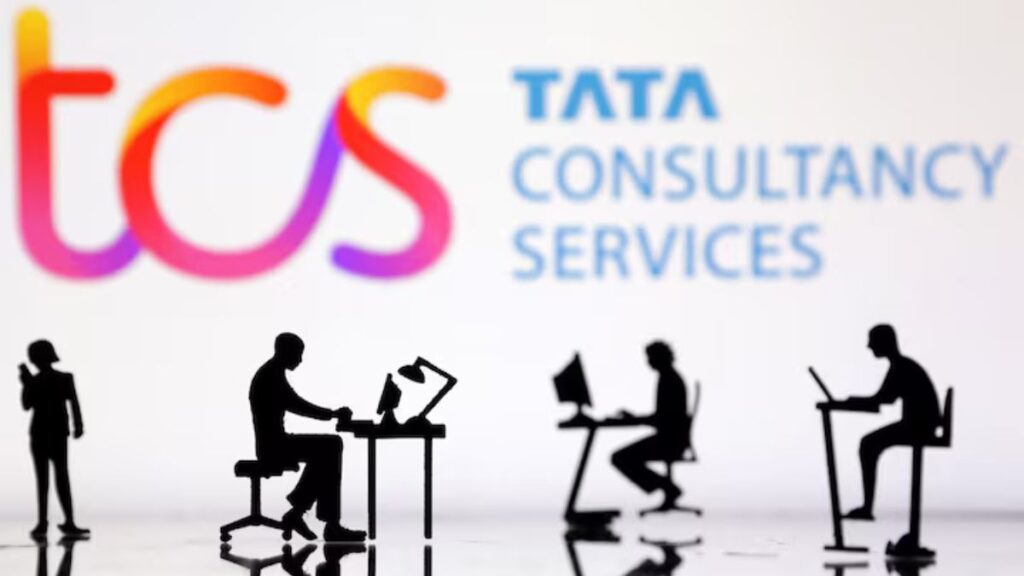‘We Thought TCS Was Like a Government Job’: Wealth Advisor Warns No One’s Safe After 45 as Layoffs Hit Senior, Non-AI Roles

‘We Thought TCS Was Like a Government Job’: Wealth Advisor Warns No One’s Safe After 45 as Layoffs Hit Senior, Non-AI Roles
Over 12,000 employees to be laid off as TCS embraces AI-driven restructuring; experts warn mid-career professionals to rethink financial and career strategies.
In a move that has sent shockwaves across the Indian IT landscape, Tata Consultancy Services (TCS) has announced plans to lay off over 12,000 mid- and senior-level employees by March 2026. Long seen as a bastion of job security, the company’s decision has shattered the belief that top-tier IT jobs were safe, particularly for those in project management, legacy technologies, and non-client-facing roles.
The announcement marks a critical shift for the 613,000-strong workforce of TCS, with around 2% set to be released as the company pivots towards becoming a “future-ready organization.” The restructuring, aimed at aligning with new technology stacks and evolving client expectations, is part of a broader trend reshaping the global IT services industry.
The transformation, experts say, is driven largely by margin pressures and the rapid rise of artificial intelligence. Traditional workforce pyramids are being replaced by leaner, more specialized models that prioritize premium billing for niche skills over volume hiring. This new dynamic is forcing companies to streamline operations and eliminate positions that no longer serve strategic value.
Abhishek Sur, a Kolkata-based tech professional, summed up the sentiment on LinkedIn: “Once, we thought TCS was like a government job stable, secure, and lifelong. But times have changed. AI is reshaping industries, and no one is immune not even the giants.”
Adding to the pressure is a revised internal policy at TCS that limits bench time (unassigned time) to just 35 days per year. Employees unable to secure a project within that window may be forced to exit. Similar tightening of policies is being seen at other firms—Wipro has introduced communication tests linked to performance for senior staff, while HCLTech is offloading entry-level roles made redundant by automation.
Financial implications of this shift are far-reaching. Wealth advisor Kanan Bahl issued a cautionary note on LinkedIn: “If a Tata group company can lay off 12,000 employees, you better be prepared. 45 is the new 60.” Bahl recommends professionals build a 12-month emergency fund, invest in independent health and term insurance, and upskill consistently particularly in AI-driven technologies.
“People aren’t losing jobs to AI,” he added. “They’re losing jobs to those who know how to use AI.” His message underscores a larger point, career longevity now hinges on adaptability and proactive planning.
The Indian IT sector, once associated with lifetime employment and incremental growth, is now facing a hard reset. With structural shifts already underway, industry insiders believe the TCS layoffs are not an isolated event but rather the beginning of a new normal, one that demands readiness, resilience, and reinvention.












